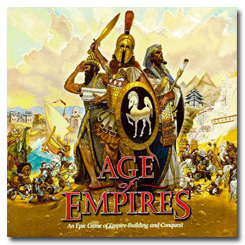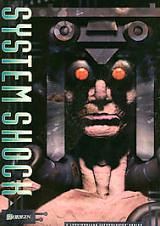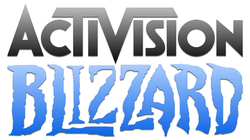 In 1995 Ensemble Studios formed as an independent studio and kicked out a little game franchise known as Age of Empires. The title has received many accolades from the first in the franchise extended out to all the Age of Empires releases and spin-offs, all-in-all selling millions of copies.
In 1995 Ensemble Studios formed as an independent studio and kicked out a little game franchise known as Age of Empires. The title has received many accolades from the first in the franchise extended out to all the Age of Empires releases and spin-offs, all-in-all selling millions of copies.
Ensemble Studios had a mission “to create great games and a great place to work,” says Bruce Shelley from Ensemble Studios. Bruce Shelley also helped design Sid Meier’s Civilization and Railroad Tycoon with MicroProse prior to his work at Ensemble Studios. Now, however, he’s a bit upset at the closing of Ensemble Studios because they were profitable, created top-quality titles and had a great working environment.
Ensemble Studios, from his perspective at least, was a place you’d go to work and be happy with what you’re doing. When you’re working along nicely and become blind-sided by the news, it’s not surprising he didn’t take it lightly.
“Everyone at our studio was shocked, and I think remains very disappointed that this is going to happen. I believe we thought we were immune to shut-down talk because our published games have done so well and have been so profitable. Plus we felt we had built a really stable (low-turnover), talented, hard-working, and creative team, which is not easy to do. We thought we were among the best studios in the world, and that may be true, but we don’t fit in the future plans of MGS as an internal studio so we’re out.” (ensemblestudios.com)
What’s the future plans for Ensemble Studios? As we’ve stated before, they plan to live on in spirit, within the bounds of a new name and a new game plan. “I believe the spirit and mission of ES will be carried forward in this new company if enough of the key leaders agree to take part, which I expect to happen. There has been no announcement about what the new studio will be working on when it gets going,” says Shelley.
This is a horrible way to have to launch a hot new intellectual property. Usually creating a new title with a building fanbase would lead to excitement, parties and high hopes for the future of the franchise. Instead, people will be dusting off their resume in hopes to continue a life of game development.
Hopefully the leaders will indeed form a brand new company and build brand new hot products with their entire staff intact. Then, take their titles to a different publisher (besides Microsoft) and make some money and fans.

 With the strong rumor that Halo: Combat Evolved is
With the strong rumor that Halo: Combat Evolved is  Microsoft Game Studio’s producer Phil Spencer said:
Microsoft Game Studio’s producer Phil Spencer said: If you’ve ever been through an acquisition or merger you’d have expected this news to come, but for those new to the concept it’s simple: you can’t keep everyone. After a complete merger you end up with two sales departments, two IT departments, etc.
If you’ve ever been through an acquisition or merger you’d have expected this news to come, but for those new to the concept it’s simple: you can’t keep everyone. After a complete merger you end up with two sales departments, two IT departments, etc.
I still have strong interest in Halo Wars.
I still have strong interest in Halo Wars.